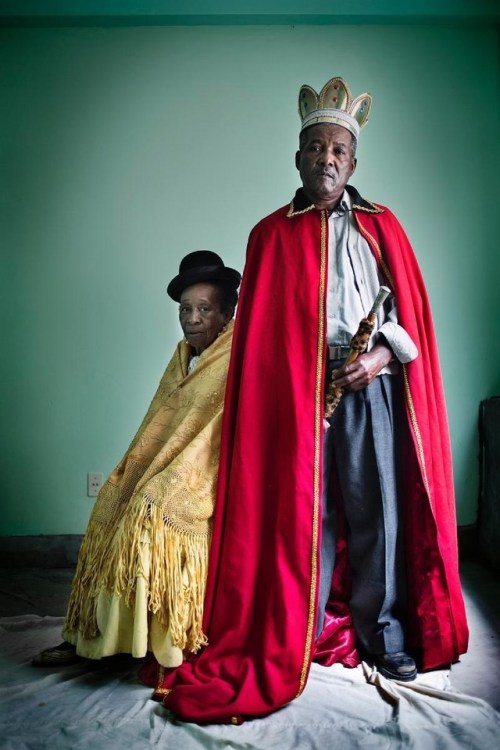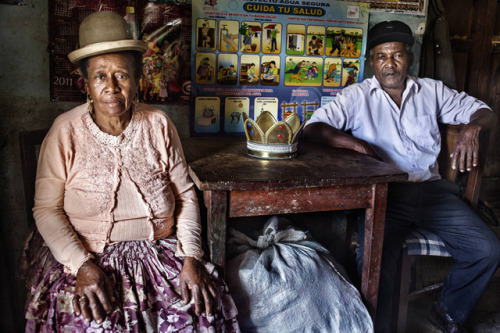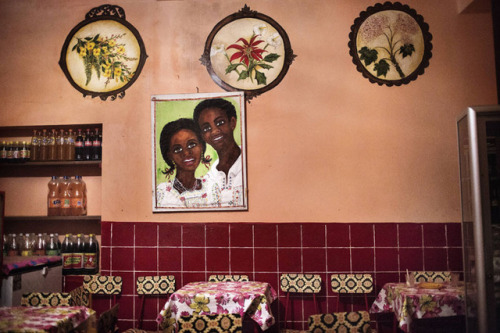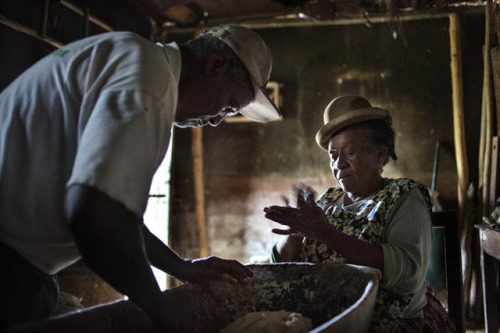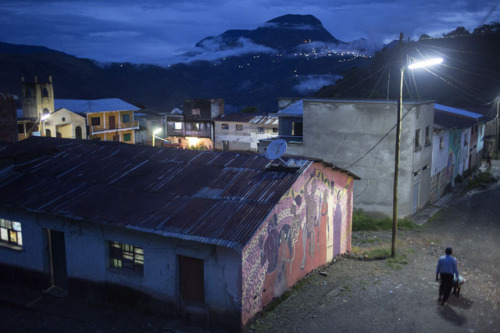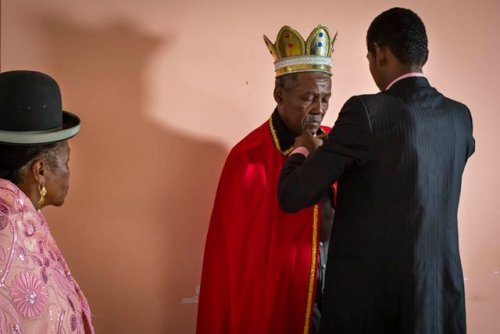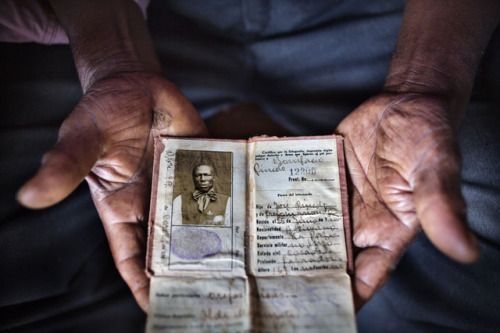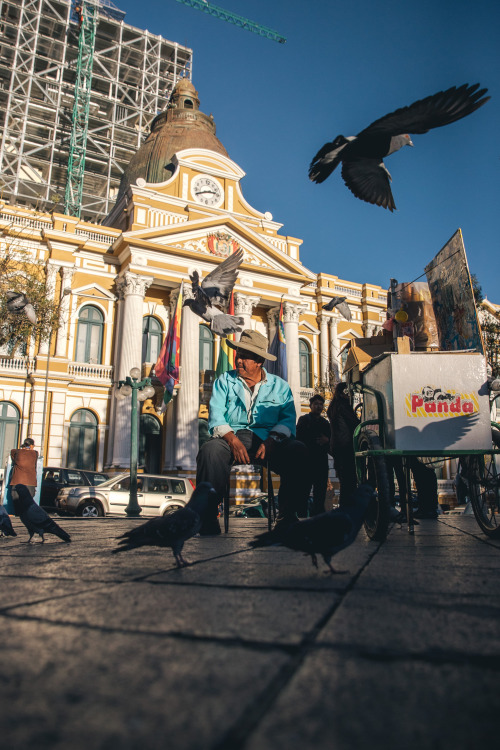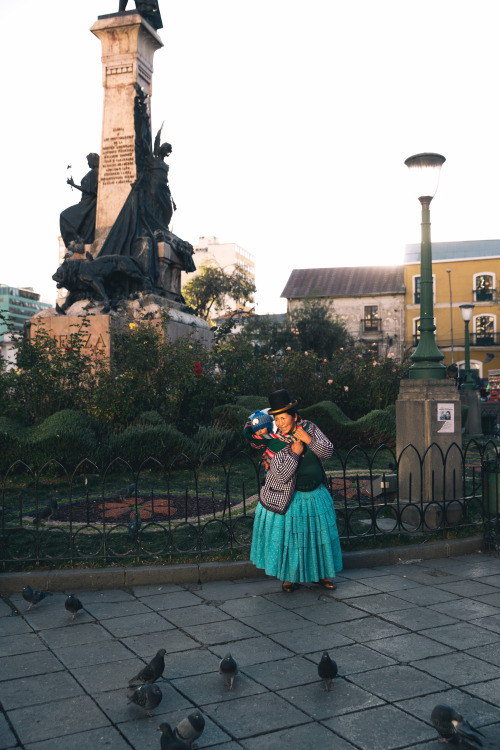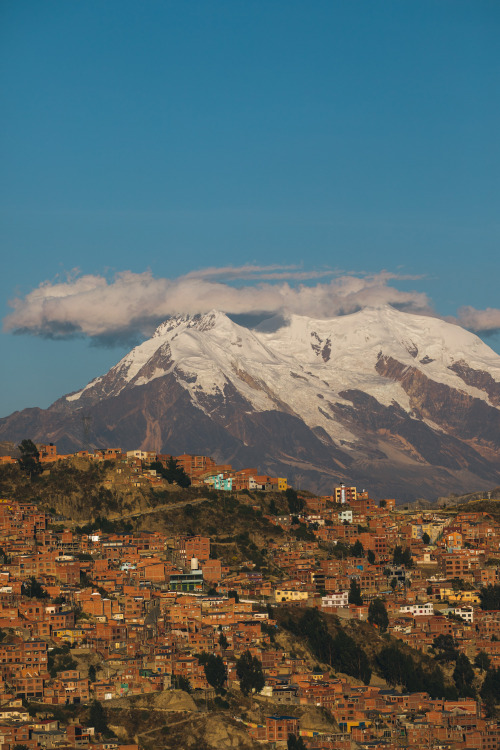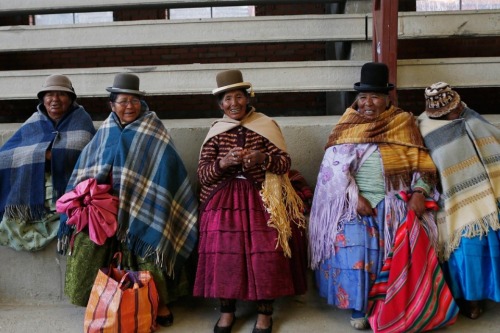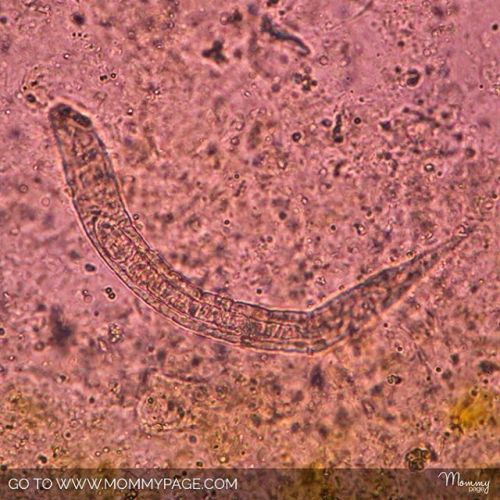#bolivian
Carlos Parada was born in Santa Cruz, Bolivia on February 7, 1986. When Carlos was only six years old, he and his mother left Bolivia for a fresh new start in the United States. They came directly to Cranston, Rhode Island and stayed with Carlos’s uncle until they were able to get an apartment.
Even at such a young age, Carlos remembers life in America as a struggle at first. He found difficulty adapting to the English based school system since he only knew Spanish at the time. Not only that, his mother placed him into first grade despite the fact that he was only six. He had cousins that were already in that elementary school and no one could baby sit for him if he attended half-day kindergarten.
Despite the obstacles, Carlos learned English quickly and was able to adapt well to the American culture. Carlos also had a lot of help from his cousin’s aunt who was the English as a Second Language teacher at the time and refused to even acknowledge Carlos if he tried to speak Spanish to her.
“She forced me to talk in English…She would say, ‘No try to communicate to me in other ways besides using Spanish.’”
In high school Carlos played soccer, volleyball, and tennis and stayed involved in the community. After graduation he found a strong passion for immigration related issues when he began volunteering at the Diocese of Providence as an assistant to the immigration caseworkers. While staying involved with the Diocese he attended Bryant University where he received a degree in finance. After graduation he returned to work for the Diocese full time. Currently he is an Immigration case manager Carlos also takes part in a Bolivian festival here in Providence, Urkupina, by dancing to folk music.
Carlos broadened his horizons while at Bryant as he took part in classes that had him get involved with the community even more so than before. He took part in a management class where Carlos and his group worked with the Diocese of Providence where they ran a citizenship class and assisted twelve adults who were preparing for the U.S. citizenship test. Carlos and his team would help the adults with interviewing skills, grammar, and the history of the United States.
Through teaching the citizenship classes Carlos developed his skills as a leader while also preparing himself to become a U.S. citizen, which he will undergo next year. Carlos and his mother both received their residency four years ago, one of his biggest accomplishments.
“I think getting my residency to be here legally in the United States is important because if not I would have had to go back home and wait for my residency and that can take a long time… To go back home, to live somewhere where I didn’t grow up, would be out of my comfort zone.”
Having lived in Rhode Island almost his whole life Carlos considers himself American and wouldn’t want to permanently move back to Bolivia.
“Rhode Island is awesome; everything is so close by. I’m a big foodie; I love restaurants. I eat out a lot and I love coffee. I love coffee shops; Rhode Island has some of the best coffee shops. I like supporting local business and mom and pop shops. I like little hole in the wall places in Providence, and there’s a ton. There’s the Coffee Exchange, which has coffees from all over the world from South, Central America. “
His favorite restaurant is India, on Hope Street and a Bolivian and Peruvian restaurant, Los Andes, on Chalkstone Avenue. Carlos has an optimistic view on diversity and community, believing that society is becoming more progressive and that acceptance is more relevant each day.
“I think we are all immigrants ourselves. We come on a boat, plane… We come here to better our lives and better our families back home.”
Written and compiled by Trey Tremblay and Lauren Waag
Post link
The Last King of America: An African King in Bolivia
“Tucked away in an isolated part of Bolivia, there is a royal family whose existence is as surprising as it is humble. Despite his title, King Don Julio I and his wife live in a small apartment atop a small store in Mururata, Bolivia, where he farms coca leaves and other crops.
Yet this modest monarch can trace his lineage to [Central] Africa, where his ancestor Prince Uchicho was enslaved in 1820 and taken by the Spaniards to work in the silver mines of the region. That era gave rise to the country’s Afro-Bolivian population, which sustained the tradition, which was largely ceremonial, said Susana Giron, a Spanish photographer who was intrigued by the life of the current king, who was born 73 years ago as Julio Pinedo.”
“I had read stories about how there was a king hidden in the jungle,” Ms. Giron said. “But the story was not very good and the pictures were poor. There was nothing serious that took time. So I decided to document it in depth.”
She had actually stumbled across the story while researching projects to do in Bolivia, which she had planned to visit after participating in a 2012 exhibit in Argentina. It turned out the royal house had a website, which put her in touch with a Spanish diplomat who had been helping the king and his family, paying to send their son, Prince Rolando, to school in La Paz. Through the diplomat, Ms. Giron arranged to stay in the king’s town, being put up in an office across the street from the royal residence, spending the night in a sleeping bag with blankets provided by Queen Angelica.
According to the website and Ms. Giron, after Prince Uchicho was enslaved and taken to Bolivia, other slaves recognized him and persuaded the owner of the hacienda to let them work more hours so the prince would be spared having to toil. He was succeeded by others until the mid-1950s, when King Bonifacio I died, and none of his children took the royal mantle.
Ms. Giron said that a historian who purchased the old hacienda — where the Pinedos had taken the names of the slave owners — learned about the royal connection to Africa and set about to find an heir. His efforts, she said, led him to Julio Pinedo, who was named king in 1992.
“He is a symbolic figure,” she said. “For the Afro-Bolivians, he is important because he gives them a cultural identity. It shows they are a people descended from Africa. It is about their history and culture.”
The history of Africans in Latin America has been coming more and more to the fore in recent years. In Bolivia, it was not until recently that they were even counted in the national census, with their 2012 population pegged at some 23,000 in a country of 10 million. They still face discrimination and socioeconomic obstacles.
“He doesn’t feel like a king,” Ms. Giron said. “He told me, ‘A king lives in a palace, not in misery.’ He is shy and doesn’t talk much. He would rather talk about agriculture than being a king.”
In fact, to gain Mr. Pinedo’s trust, she spent a lot of time with him, at first accompanying him on his daily tasks, in the fields and in town. She said it was important to be discreet and helpful. He ran a small store that sold basic goods — refreshments, oil, bread and vegetables — as well as cultivating a coca patch, whose leaves he harvests, with Prince Rolando’s help, and sells at market.
When he is relaxing, in the store or at home, the king prefers to watch television. His wife on the other hand, is more outgoing. Ms. Giron said she participated in a lot of local events and goes to literacy classes, too.
Ms. Giron has returned to the town to continue documenting his story. There is even talk of the royal family visiting parts of West Africa that may have royal relatives.
“There have been symbolic connections, but they have never traveled to Africa,” Ms. Giron said. “He accepts that humbly, and he would go. He accepts being a king, though it does not excite him. He’s not comfortable in the world of diplomacy. He’s a farmer.”
Source: https://mobile.nytimes.com/blogs/lens/2015/11/17/an-african-king-in-bolivia/
Post link
Statue of Madonna and Child
At the church of Concepción, Santa Cruz, Bolivia. Part of the Jesuit Missions of the Chiquitos World Heritage Site.
Post link
Here’s How A Disgusting Parasitic #WORM Can Actually Help You Get #PREGNANT
———————————-
A shocking new study in the journal #Science has found that a disgusting parasitic worm may actually increase fertility in #women.
After studying approximately 986 #Bolivian #women over the course of nine years, researchers discovered that those infected with the ascaris lumbricoides #roundworm gave #birth to about two more #children on average than those who were not.
In fact, the study found that the roundworm actually leads to “earlier first births and shortened inter birth intervals.”
As the #BBC reports, the researchers initially decided to conduct their study in #Bolivia solely because around 70 per cent of the country’s population has a parasitic infection.
While speaking with the BBC, one of the study’s lead researchers, Professor Aaron Blackwell, explained that this specific roundworm infection may work by “altering women’s immune systems, such that they become more or less #friendly towards a #pregnancy.”
Though it sounds pretty gross at first, Blackwell insists that the discovery has the potential to offer a huge positive impact on the way #fertility #drugs are created in the #future.
Because the research is still in its early stages, however, the study’s leaders cannot yet recommend that women actually try to become infected with this parasitic roundworm just to increase fertility.
Even more interesting, the study found that a #hookworm infection actually has the exact opposite effect on a #woman’s fertility of an ascaris lumbricoides roundworm.
Throughout the study, researchers noted that women infected with hookworm had “delayed first pregnancy and extended interbirth intervals,” leading to less #children in general.
Post link

Got a request from a friend to make a bolivian magical girl and thought it was cute. Viscacha was my idea lol.
Need to post more.


